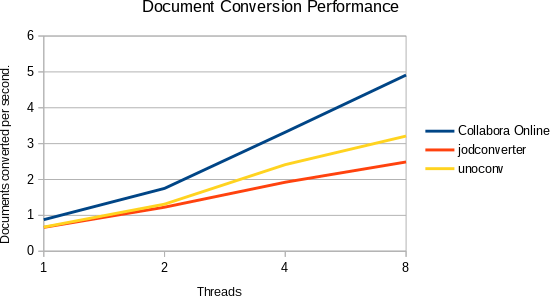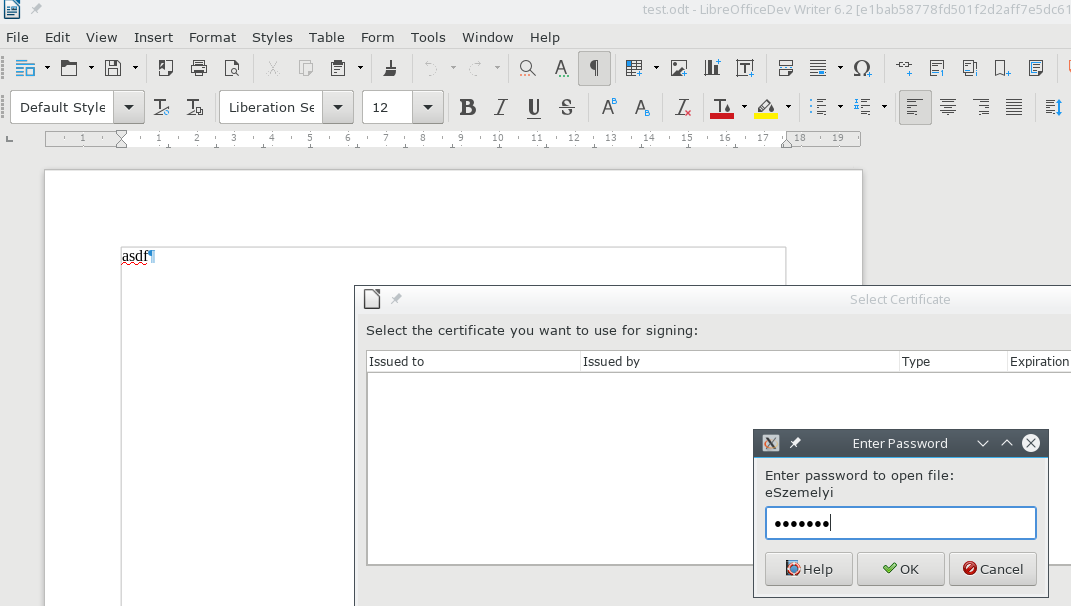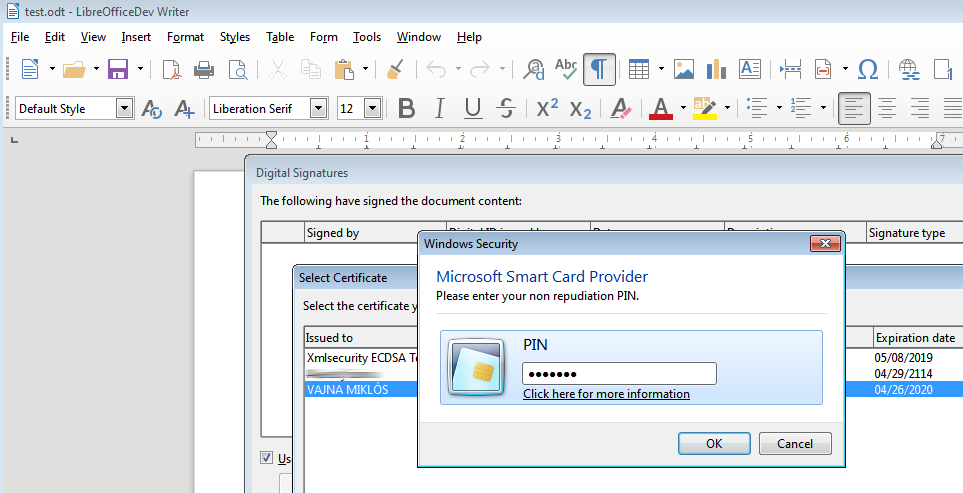Estimated read time: 1 minutes
I created a toy project to experiment with a few technologies I wanted to try out (cmake, googletest, xmlsec outside LibreOffice, libzip and AppVeyor). The result is a tool with a similar interface as pdfsig from poppler (for PDF files), just for ODF: a cmdline executable to verify the digital signature(s) in an ODF document.
The source code now has CI on Linux and Windows, so perhaps in a shape that is interesting for others to have a look as well. And if not, then no problem, it was interesting to put together these building blocks and see them working as expected. :-)





